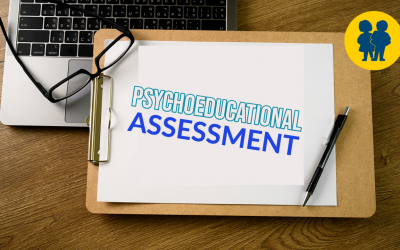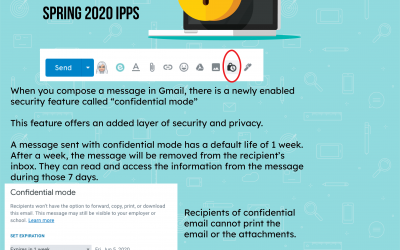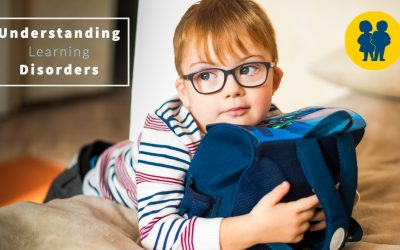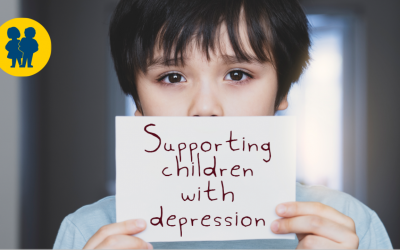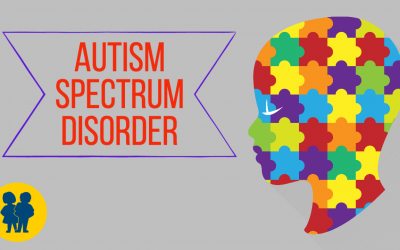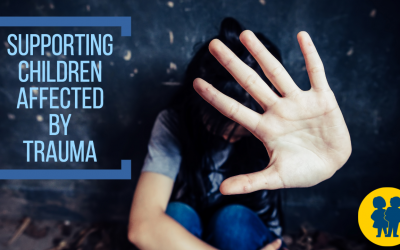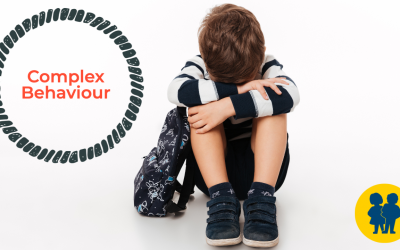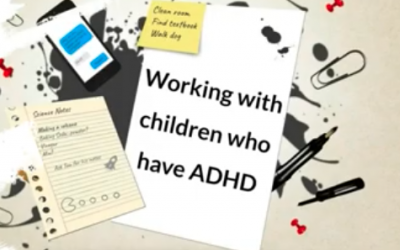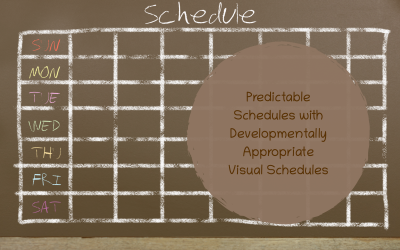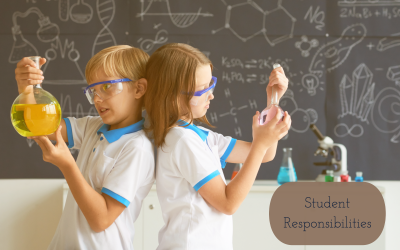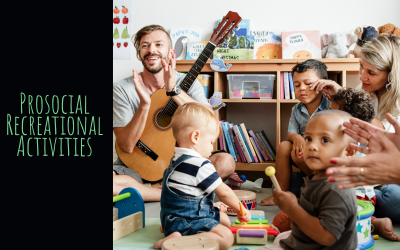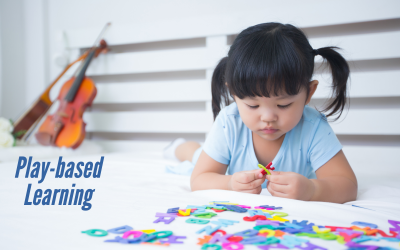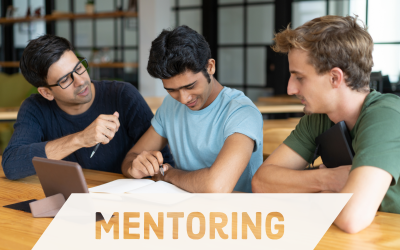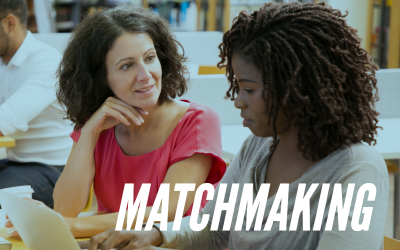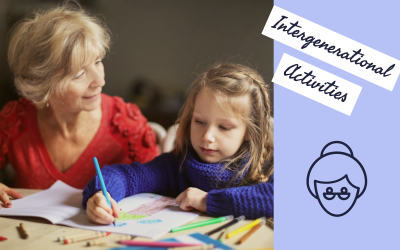Resources
A variety of resources compiled by the Student Services Team and various individuals in CESD.Psychoeducational Assessment
Using GMail to email IPPs
Using GMail Confidential Mode to send IPPs Covid19 has brought forth some challenges (understatement). To assist with the finalizing of IPPs, GMail has a security feature called "Confidential Mode". We have created this one-page guide for using confidential mode to...
Understanding Learning Disorders
Supporting Children with Depression
Autism Spectrum Disorder
Supporting Children Affected By Trauma
Working with Complex Behaviours
Working with Children with ADHD
Predictable Schedules with Developmentally Appropriate Visuals
Predictable routines help children understand what is coming next in the day as well as what they are expected to do throughout the day. This, paired with a visual schedule, communicates the sequence of upcoming activities or events through the use of objects,...
Student Responsibilities
Giving students responsibilities within the classroom and the school, provides them with a sense of belonging and gives them purpose. Some examples of student responsibility: classroom jobs (paper passer, line leader, etc) school jobs (collecting $ for Terry Fox, work...
Use Picture Books to Teach Social Emotional Skills
Picture books are ideal because they are infinitely flexible: a 5-year-old and a 12-year-old can enjoy the same picture book while understanding it in dramatically different (but equally valid) ways. The interplay and interdependence between the text and illustrations...
Prosocial Recreation Activities
Rationale To provide opportunity for social interaction among students, as well as students and staff. To provide opportunity for staff and students to find grounding, when emotions, anxiety or traumatic events become overwhelming. To help build a healthy school...
Positive Parent Phone Calls
Rationale To build positive relationships with parents/guardians. Later on in the year, if negative phone calls need to be made a positive relationship has already begun. The parents are more likely to respond ie:answering the phone. At the beginning of the year make...
Play-based Learning
Play-based learning aligns with the developmental-relational approach. Play is fundamental to a child’s complete development and learning. Play acknowledges that emotions and their expression play a key role in social emotional development. Structure exists, but the...
Mentoring
Why Mentoring? Promotes social connectivity Builds resilience Builds social skills Builds cross-grade connections Builds community connections Mentorship has shown to promote empathy, caring and connection in cross graded pairings, develop leadership skills in older...
Matchmaking
The purpose is to use the attachment you have with a child to connect them with another adult or child. Depending on the need/age of your student(s) here are some examples... Find similarities between you and the new person as well as similarities between the child...
Leadership Opportunities for Students
Rationale: To provide students with an opportunity to build confidence, communication skills, as well as social emotional skills. To allow students to use their knowledge and creativity to make a positive impact on their school. To increase healthy school interactions...
Intergenerational Activities
Intergenerational activities are social vehicles that create purposeful and ongoing exchange of resources and learning among older and younger generations. Identify interested students Connect with community partner (senior homes, hospitals etc., elders, retired...
